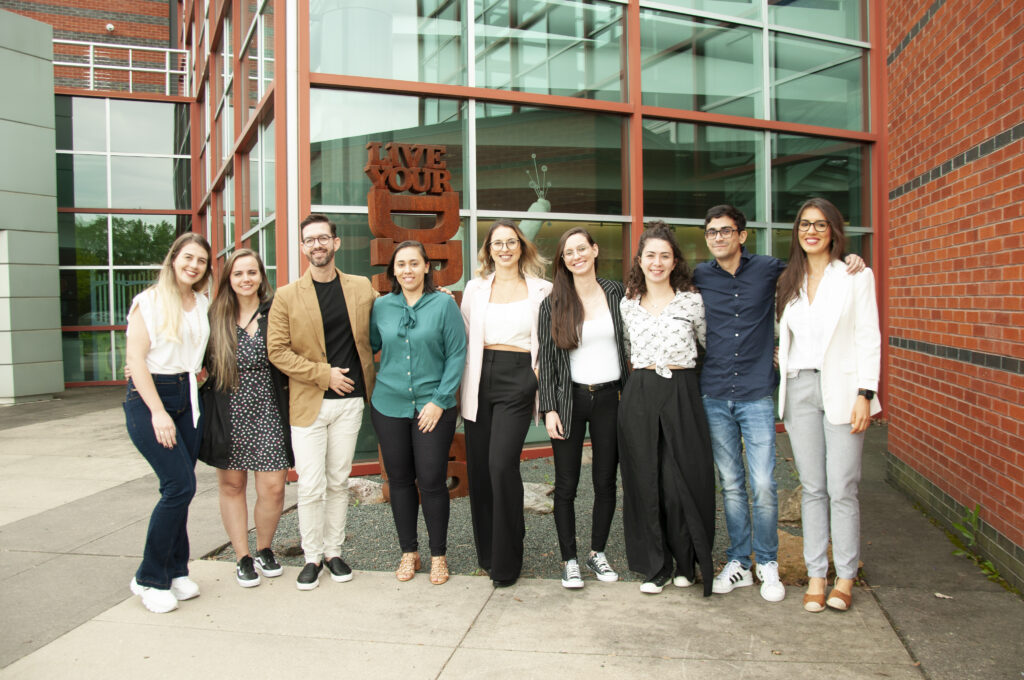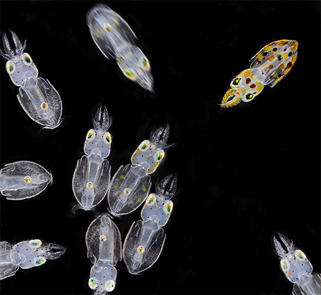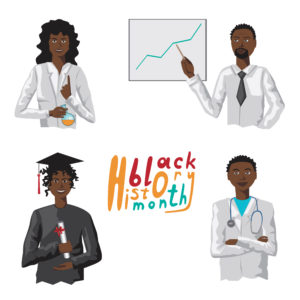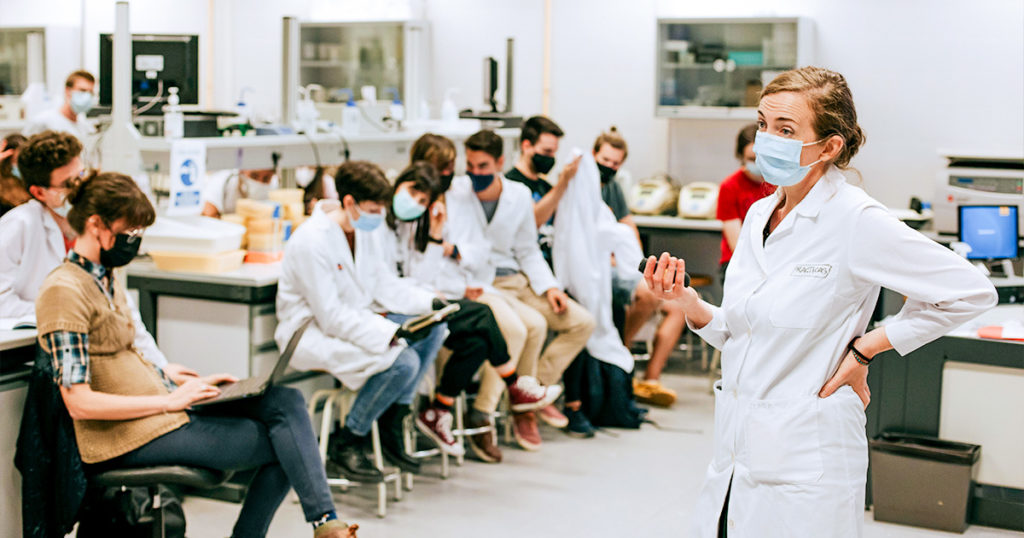World Youth Skills Day provides a unique opportunity to emphasize the importance of equipping young people with experiences, skills, and opportunities in the workforce. This celebratory day falls on July 15th and was officially declared by the United Nations General Assembly in 2014.
At Promega, we are constantly adhering to invest in the future generations of science—and the BioPharmaceutical Technology Center Institute (BTC Institute) serves this mission best. The BTC Institute is a non-profit organization that provides educational, scientific, and cultural opportunities for people of all ages. Each summer, the organization hosts a wide range of experiences including camps, programs, and field trips to support individuals interested in science. In the spirit of World Youth Skills Day, let’s take a look at some experiences that are offered for young learners in summer 2022.










